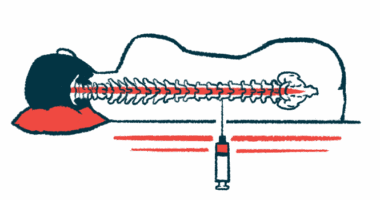Nutritional Support for SMA
Overview
Children with SMA often experience substantial gastrointestinal and nutritional issues. Impaired feeding correlates with failure to thrive and various co-morbidities. Moreover, recent research has suggested that people with SMA have higher rates of metabolic abnormalities, including metabolic acidosis, hyperlipidemia, hyper/hypoglycemia, and hyperleptinemia.
Growth Assessment and Delay
Childhood is a period of significant growth and development. While patients with some forms of SMA (type 0 and 1) will experience fatal complications before significant growth would be expected, patients with other forms of SMA (types 2-4) may survive to adolescence or adulthood.
Chewing and Swallowing Problems
Patients with SMA types 2 and 3 frequently report weakness of the muscles of mastication and bulbar impairment leading to chewing and swallowing issues. Patients with SMA type 1 have such significant bulbar weakness that precludes safe feeding and therefore have early prophylactic interventions to bypass the oral route. Patients with SMA type 4 do not appear to experience weakness affecting their ability to eat.
Fluids and Hydration
SMA is associated with dysphagia and gastric dysmotility, and the most severe forms of SMA will necessitate gastrostomy tube placement because oral feeding is unsafe due to aspiration risk. A consortium of SMA experts recommends that patients with SMA undergo regular, at least annual, assessments of their dietary needs. A comprehensive diet evaluation will assess fluid intake and perform nutrition labs to ascertain if electrolyte imbalances are present with patients’ current fluid regimen.
Nutrition and Supplementation
Patients with SMA need nutritional monitoring at least annually with an assessment of caloric intake and standard anthropomorphic measurements. In younger children, a dietician should evaluate diet and caloric intake every 3-6 months to ensure growth needs are being met. Nutritional status should be evaluated preoperatively for patients with SMA undergoing any surgical procedure.






